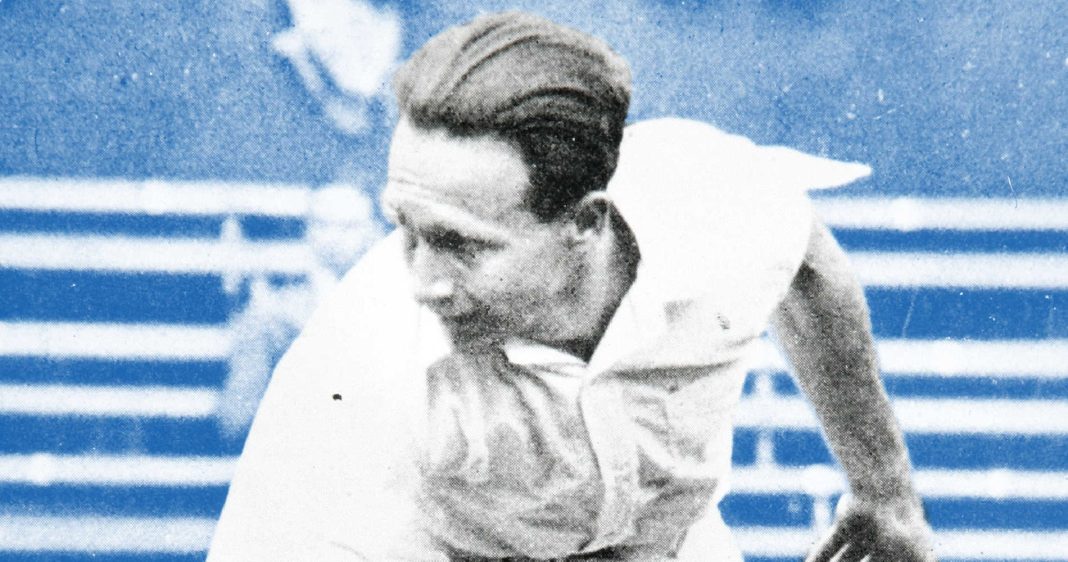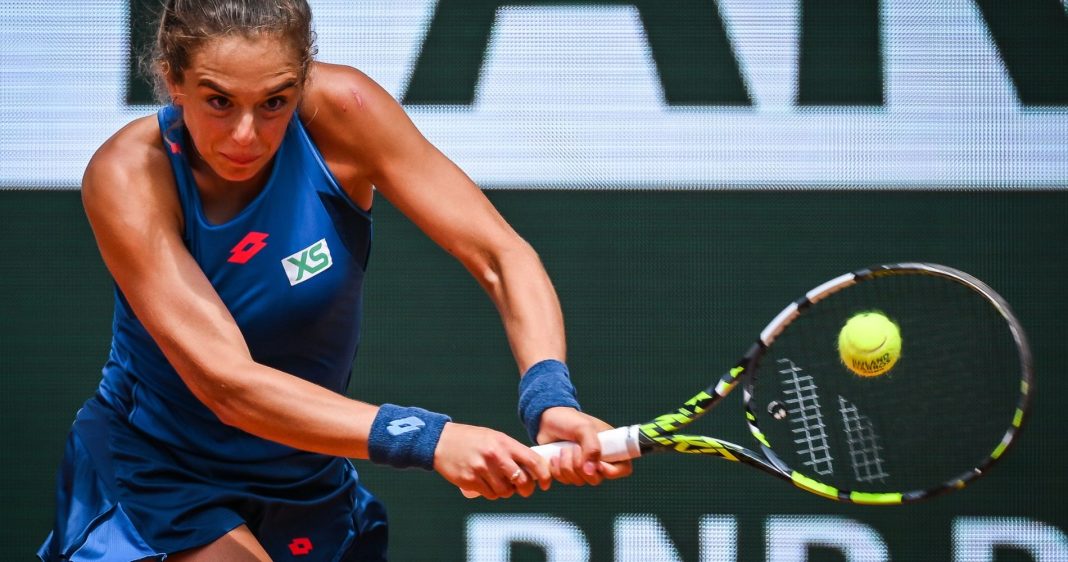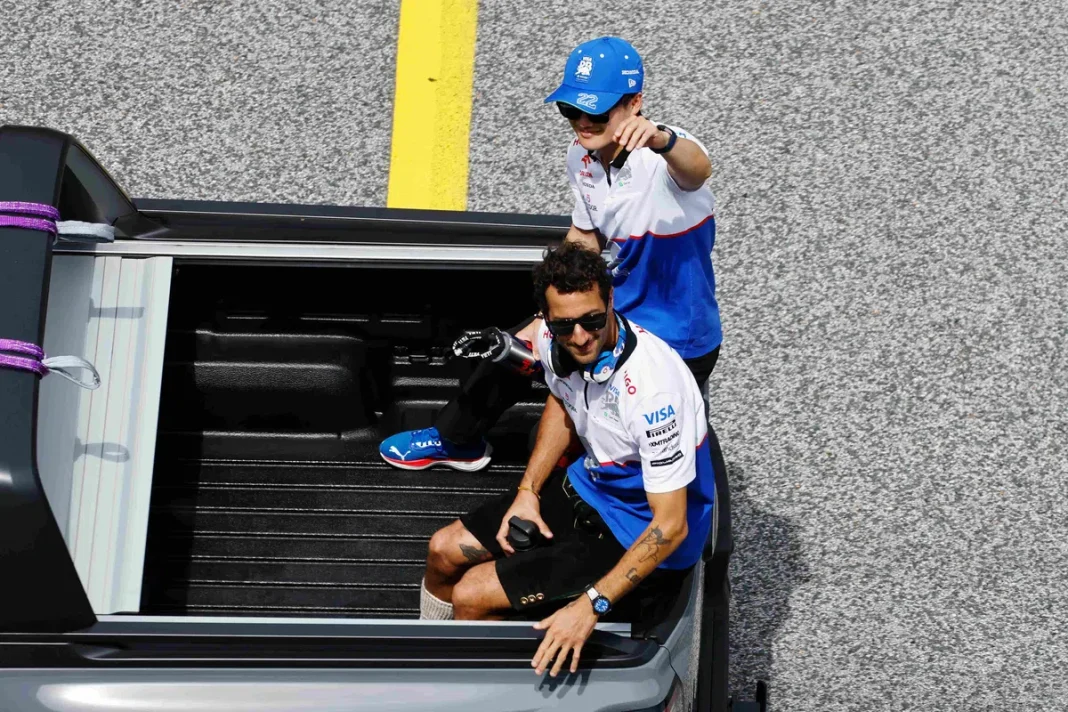The journey of Jean Borotra
- Early life and late start at tennis
Jean Borotra, born in 1896, spent his youth in the Southwest of France. He discovered tennis at the age of 14, developing hand-eye coordination by playing basque pelota. His first tennis experience in England showcased his aggressive playing style, excelling in forehand shots and net charges. Despite his limited skills, Borotra’s physical condition and competitive spirit made him a formidable opponent.
In 1916, Borotra joined the Army voluntarily during World War I, earning the prestigious “Croix de Fer”. After the war, he graduated from Polytechnique school in Paris while honing his tennis skills. By 1921, he defeated top French player Andre Gobert and was ranked No. 5 in France. Borotra began balancing a career in tennis and the petrol industry in 1922, representing France in the Davis Cup for the first time that year.
- Peak years – 1924 to 1931
From 1924 to 1931, Jean Borotra experienced the peak of his career. His fighting spirit, physical prowess, and anticipation skills led him to victory in four major singles titles and ten doubles titles. His journey started at Wimbledon in 1924, where he was the first Frenchman to win the championship, defeating Rene Lacoste.
Borotra continued his success with wins at Wimbledon in 1926, the Australian Championship in 1928, and Roland-Garros in 1931. However, he faced repeated defeats in the US Championships finals, often to his fellow Musketeers, Rene Lacoste and Henri Cochet. Despite this, he was part of the French Davis Cup team that remained unbeaten from 1927 to 1932, winning six consecutive titles.
Throughout his career, Borotra won 85 tournaments, including 59 titles in France, and continued playing tennis well into his later years. Known for his love of the game, he played his final match at Wimbledon’s veteran doubles event at the age of 87, expressing his desire to die on the court.
- After his career: controversial political involvement
Off the court, Jean Borotra served as Minister of Sports in the Vichy government during World War II, advocating for amateurism in sports. Following the war, he faced challenges due to his views on professional tennis, losing positions in tennis organizations. Despite these controversies, Borotra remains a significant figure in tennis history, with a court at Roland-Garros named in his honor and an annual junior tournament named after him.



